Shopping at a home improvement store like Lowe’s can be convenient, but not everything on the shelves is necessarily a good buy. Contractors who work with these products every day often have a different perspective on which items are worth the money and which ones are better sourced elsewhere. Their advice is not meant to criticize the store as a whole but to highlight areas where buyers should think twice before making a purchase. From tools to flooring and even installation services, their guidance can help homeowners save time, money, and avoid frustration.
1. Single-Purpose or Specialized Tools
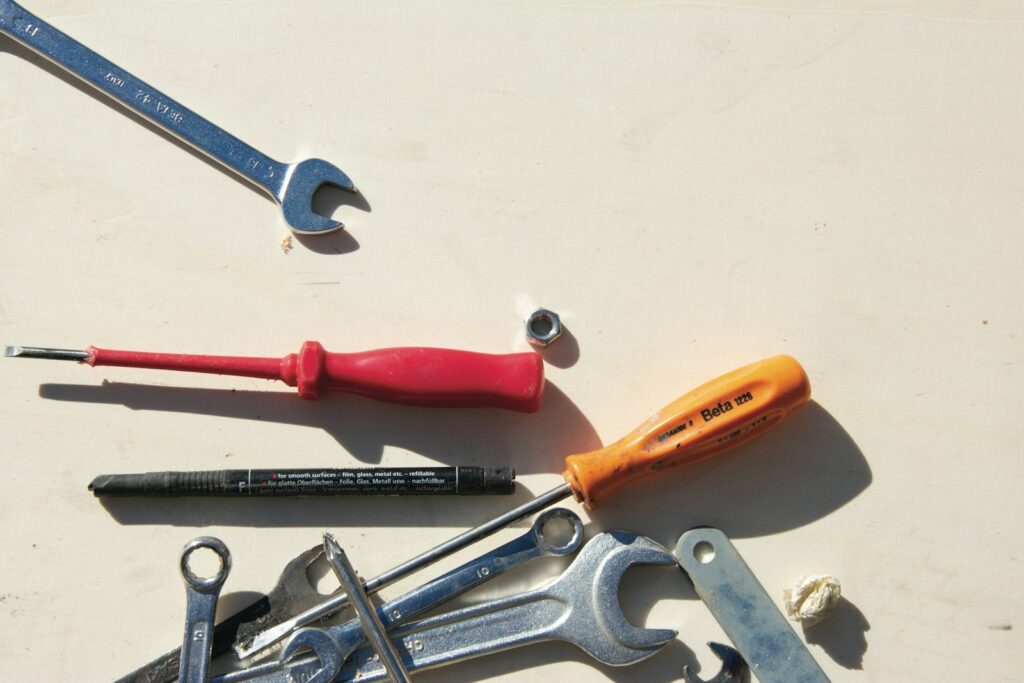
Contractors often advise against buying single-purpose or highly specialized tools at Lowe’s because they tend to be less durable and offer limited long-term value. These tools are often marketed for convenience but can break easily under heavy use or fail to deliver the precision professionals expect. Investing in high-quality multi-purpose tools or purchasing from trusted brands at specialty stores usually provides better performance and flexibility for different projects. While Lowe’s may have a wide selection, choosing wisely ensures you are not replacing tools frequently or struggling with inconsistent results.
2. Pre-Cut or Pre-Assembled Building Materials
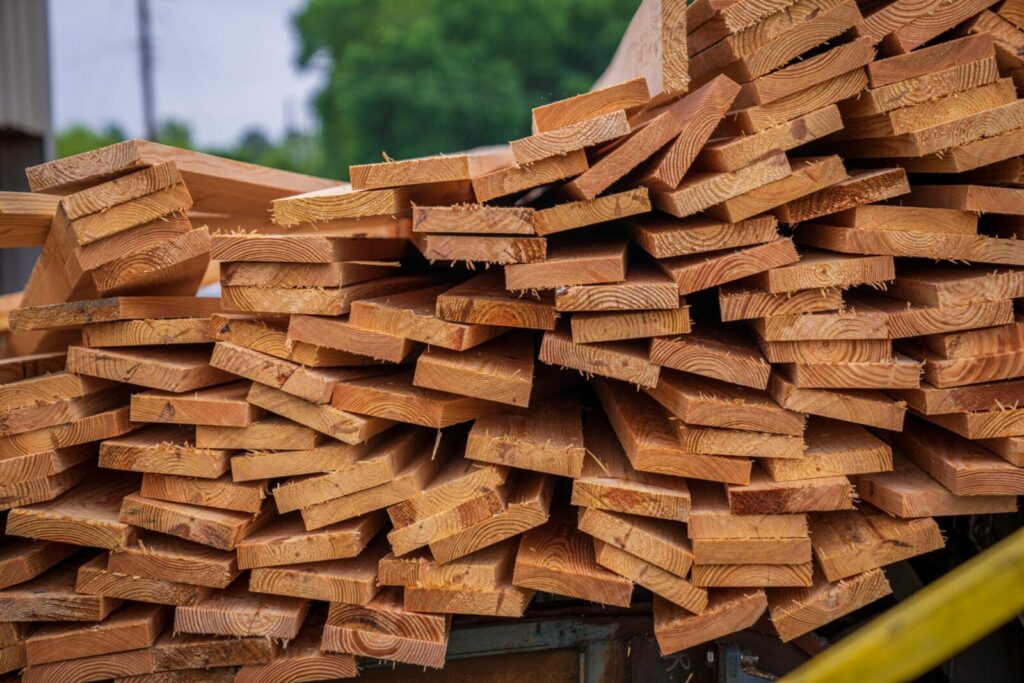
Pre-cut or pre-assembled materials such as panels, trim, or boards might seem like a time saver, but contractors point out that they often lead to fit and finish issues. These materials are manufactured to standard sizes that do not always match the unique dimensions of a home or renovation project. As a result, gaps, uneven joints, or wasted materials can occur. Contractors prefer cutting and fitting materials on-site for greater accuracy and customization. Although convenient, pre-cut solutions can compromise the final look and durability of your work, making them a less recommended purchase.
3. Low-End Cabinets or Kitchen Packages
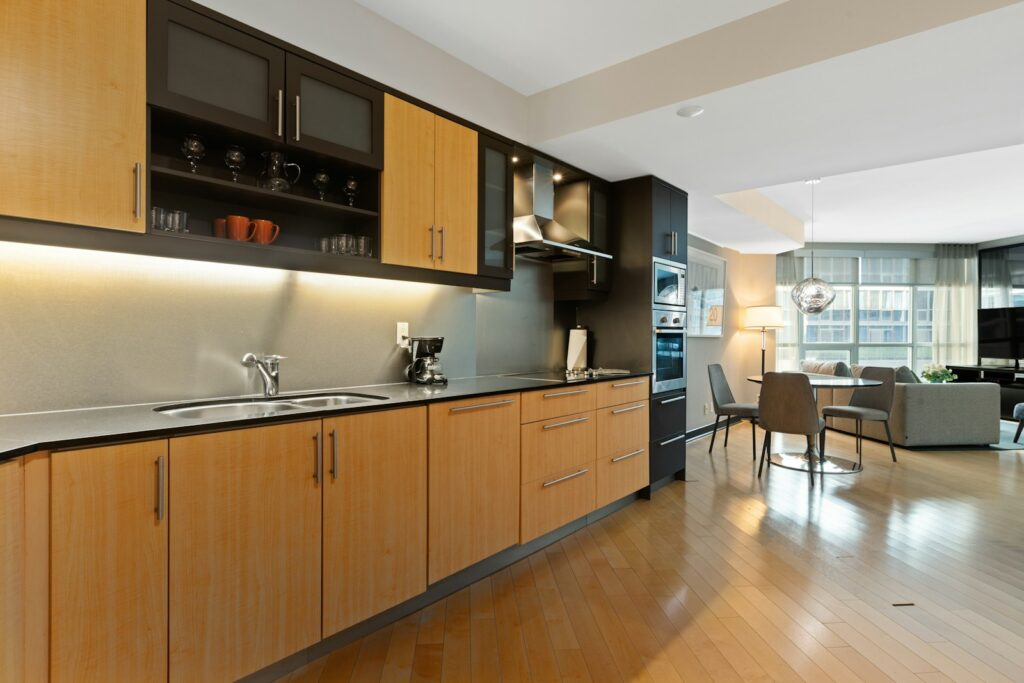
Many contractors caution against buying low-end cabinets or kitchen packages at Lowe’s because the quality of construction materials and hardware is not always up to professional standards. These stock cabinets often use thinner wood, particle board, or low-grade finishes that can wear down quickly in a busy household kitchen. Hinges and drawer slides may also be less reliable, leading to sagging doors or drawers that do not close properly over time. While budget-friendly, they usually cost more in the long run due to repairs or replacements. Contractors often recommend exploring semi-custom or higher-grade cabinetry.
4. Cheap Flooring and Underlayment Bundles
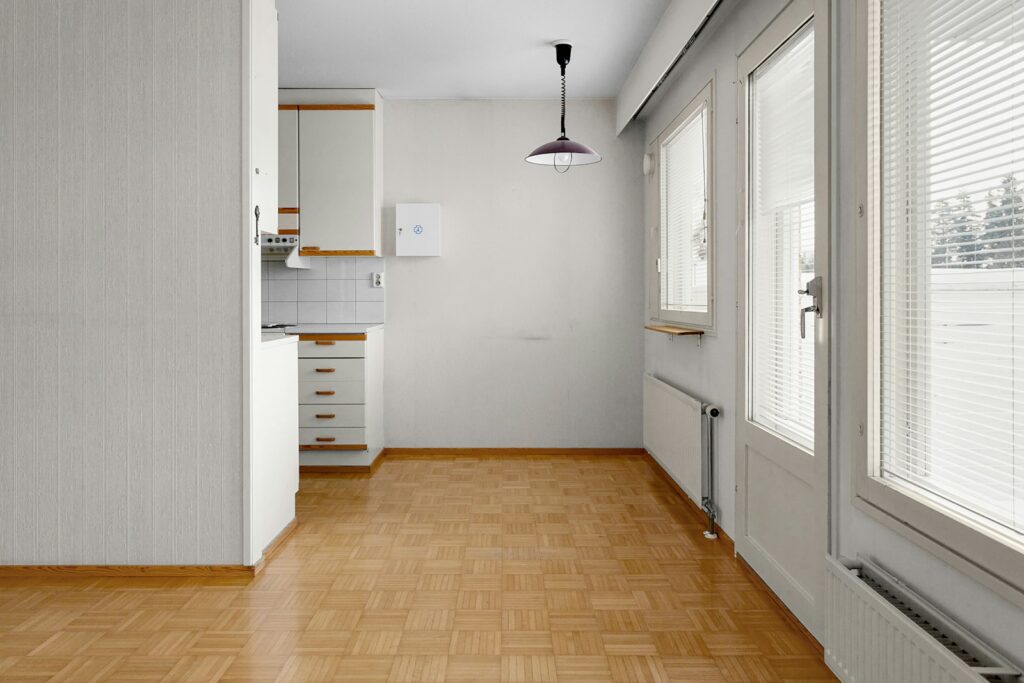
Flooring is a major investment, and contractors often discourage purchasing cheap flooring and underlayment bundles from Lowe’s. These packages may look appealing for the price, but they frequently cut corners with thinner materials, weaker locking systems, or reduced moisture protection. When installed, these shortcuts can lead to warping, peeling, or premature wear. Contractors suggest buying flooring and underlayment separately to ensure each layer meets the right standards for durability, climate conditions, and comfort. Spending a little more up front can help homeowners avoid costly issues later, making higher quality options a smarter and longer-lasting choice.
5. In-Store Installation Services for Complex Jobs
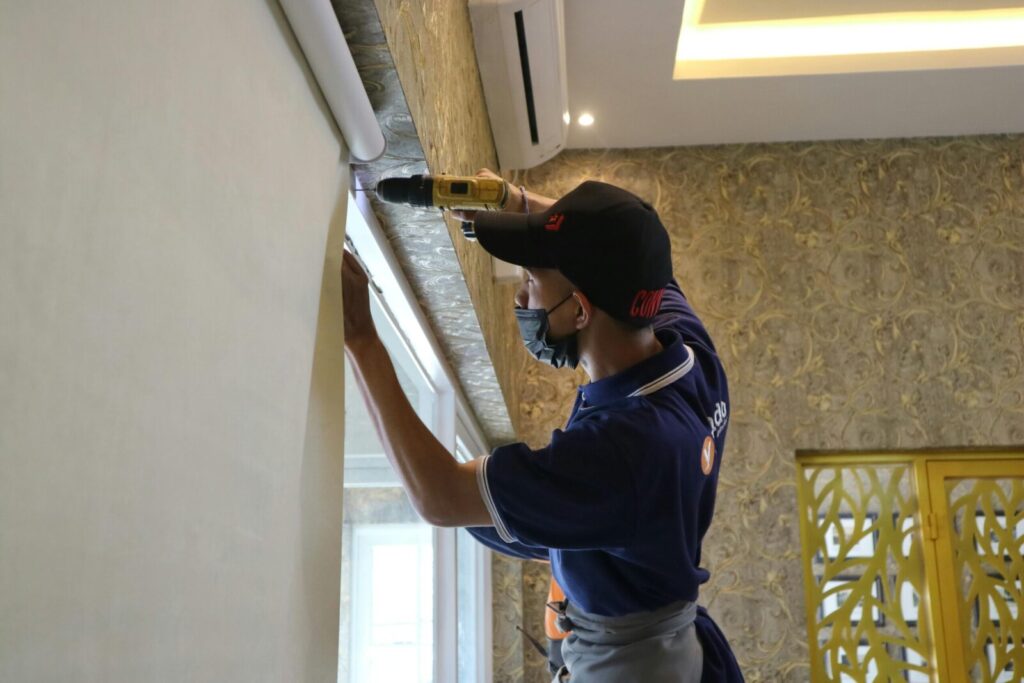
While Lowe’s offers installation services for windows, flooring, and appliances, many contractors warn against relying on them for complex projects. These services are typically subcontracted out, which means homeowners may not know exactly who will be working in their home. This can lead to inconsistent workmanship, scheduling delays, or a lack of accountability if problems arise after installation. Contractors recommend hiring a trusted local professional with proven experience and knowledge of your specific home’s needs. While Lowe’s installation services might be convenient, a specialized contractor often provides better results, personalized service, and greater long-term peace of mind.
Comments